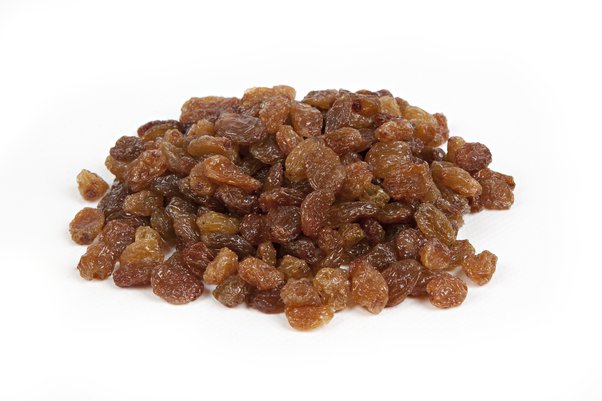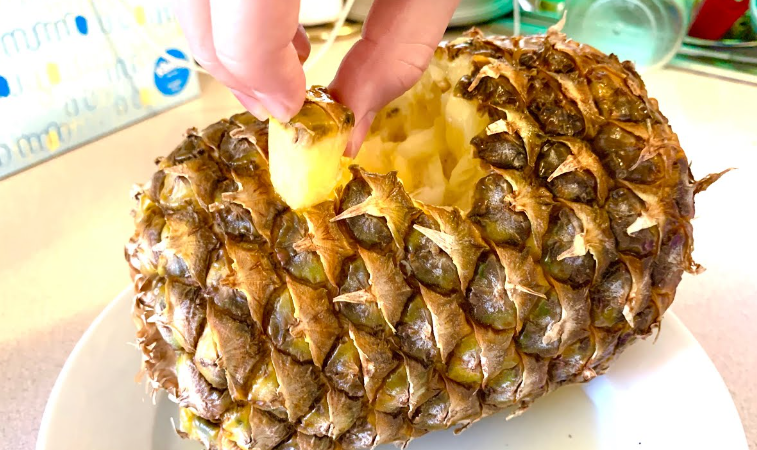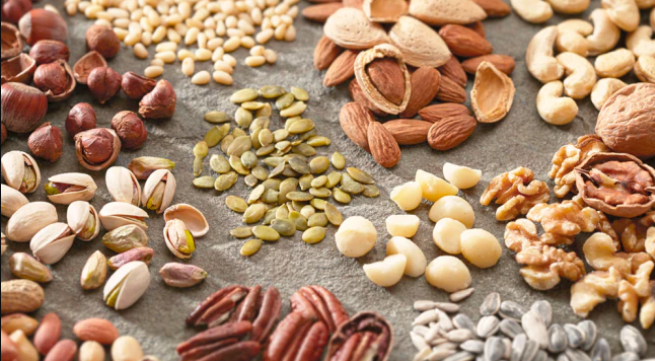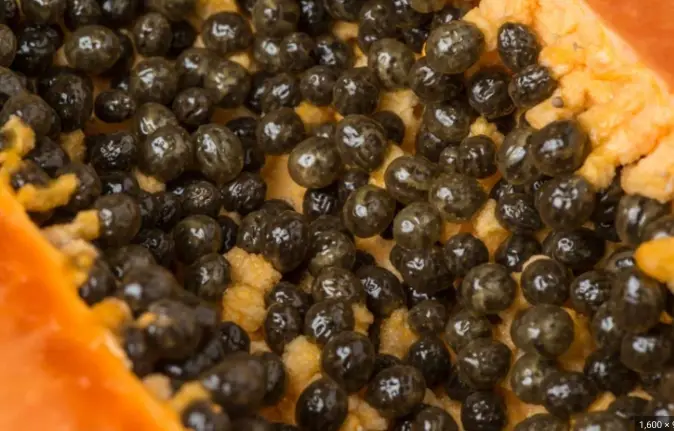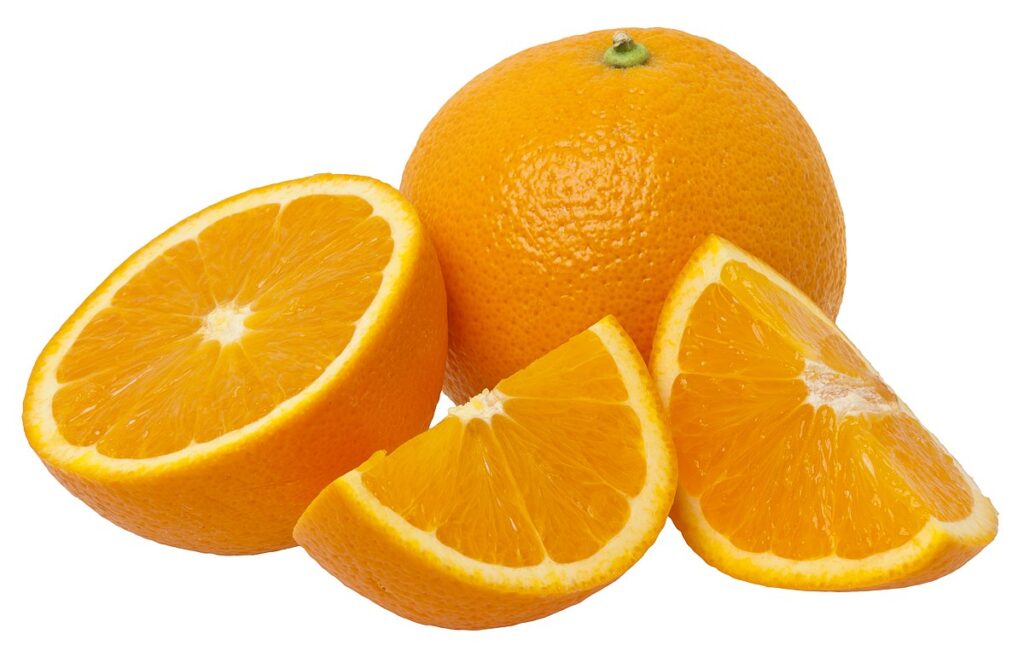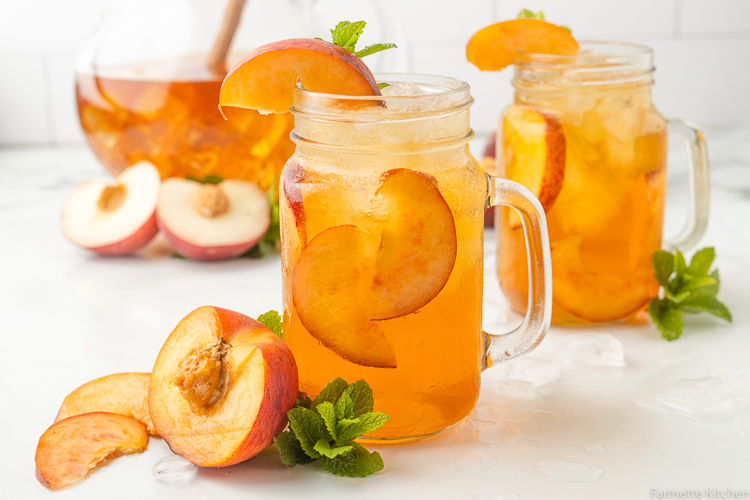Do you want to keep your blood pressure in check and boost your health? Eating fruits with low levels of potassium is a fun and simple solution!
Let’s talk about 10 yummy and good-for-you fruits with low potassium that you can include in your meals for a healthier life. Get ready for a variety of flavors, from juicy berries and zesty citrus to crunchy apples and sweet pears.
Table of Contents
Why Keeping Potassium Intake Balanced Matters
Potassium is a key nutrient that your body needs to work well. It helps with keeping fluids balanced, making muscles move, keeping nerves working, and ensuring your heart beats correctly. Eating the right amount of potassium is key for your health and happiness.
By eating fruits that don’t have too much potassium, you can still get all the good stuff from fruits without eating too much potassium. These fruits are full of vitamins, fiber, and amazing things called antioxidants that help keep your body strong, your belly happy, and your immune system ready to fight off germs.
Try mixing different low-potassium fruits to make a yummy fruit salad, or blend them into tasty smoothies. Enjoy them as quick snacks or add them to your breakfast cereal or yogurt to make it even better. Just have fun and find yummy ways to eat these fruits every day.
10 Tasty Fruits with Low Potassium to Enjoy
Eating healthy is great for your body, and one part of eating well is getting the right amount of potassium. Some folks need to be careful not to have too much potassium because of health stuff or the medicine they take.
Want some low-potassium fruit ideas for your meals? Check out these 10 great choices.
1. Apples
Apples are full of fiber, nutrients, and more, all with about 150 mg of potassium in a medium fruit. They’re a super choice for a low-potassium snack.
2. Pears
For a snack with a sweet taste but not a lot of potassium, go for a pear. One medium pear has just 150 mg of potassium.
3. Berries
Berries are packed with vitamins and help fight off sickness, and they don’t have much potassium. A cup of strawberries has about 50 mg, while blueberries have around 100 mg per cup.
4. Grapes
Grapes are a yummy, juicy snack with only 160 mg of potassium in a cup, which makes them perfect for a low-potassium diet.
5. Citrus Fruits
Oranges, lemons, and limes are full of a tangy taste but not a lot of potassium. A medium orange has around 140 mg, while a lemon or lime has about 50 mg.
6. Peaches
Peaches are tasty and healthy, with one medium peach holding only 150 mg of potassium. They’re a top pick for a low-potassium treat.
7. Nectarines
Nectarines are a juicy low-potassium fruit, with around 150 mg of potassium in a medium-sized one, plus lots of flavor and vitamins.
8. Apricots
Apricots are small but mighty with nutrients and have only 80 mg of potassium each, so they’re great for keeping your potassium levels in check.
9. Plums
Plums offer a good dose of health benefits and are low in potassium, with about 130 mg per plum, making it easy to manage potassium intake.
10. Melons
Melons are tasty and give you lots of water, but they don’t add much potassium to your diet, with only 130 mg per cup of diced melon.
Conclusion
Adding fruits with low potassium levels to your meals is a tasty way to help your blood pressure and make your body healthier.
From crisp apples and pears to refreshing berries and melons, you have many yummy options. Remember to chat with your doctor or a nutrition expert before making changes to what you eat.

